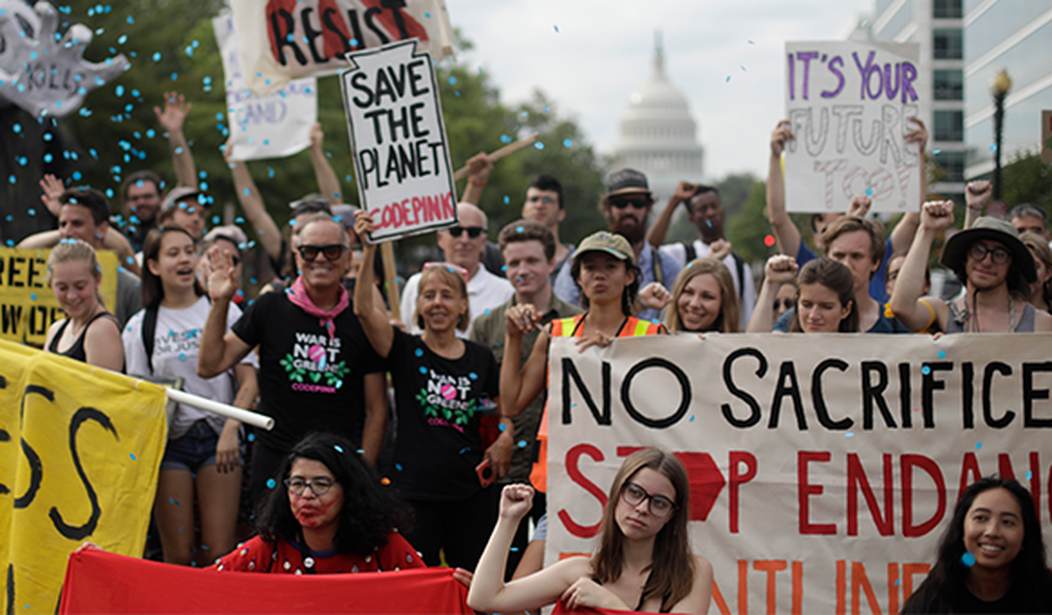For my new video, I asked people on the street, "If you could spend $30 billion trying to solve the world's problems, how would you spend it?"
"Build houses ... address homelessness," said a few. "Spend on health care," "redistribution." The most common answer was "fight climate change."
Really? Climate change is the world's most important problem?
"It's not surprising if you live in the rich world," says Bjorn Lomborg, president of the Copenhagen Consensus Center.
Lomborg has spent the last 20 years consulting with experts from the United Nations, nongovernmental organizations and 60 teams of economists, seeking consensus on how to address the world's biggest problems.
"The point is not that climate change is not an issue," says Lomborg, "but we just need to have a sense of proportion."
He says that while climate change may cause problems someday, "if you live most other places on the planet, you're worried that your kids might die from easily curable diseases tonight.
That's why, he says, it's important to ask ourselves, "Where can we spend dollars and do a lot of good versus ... just a little good?"
Twenty years ago, the United Nations issued development goals. Surprisingly, Lomberg says they actually helped people.
"They basically said, let's get people out of poverty, out of hunger, get kids into school, stop moms and kids from dying."
That effort, plus global capitalism, lifted millions out of poverty.
Unfortunately, now the UN pushes "sustainable" goals that promise everything to everyone.
Recommended
"Get rid of poverty, hunger, disease, fix war, corruption, climate change," says an exasperated Lomborg.
But a Bank of America report estimates that fighting climate change alone would cost trillions. Even that might not affect the climate very much.
"If we spend way too much money ineffectively on climate," Lomborg points out, "not only are we not fixing climate, but we're also wasting an enormous amount of money that could have been spent on other things." Better things.
Lomborg's new book, "Best Things First," says "$35 billion could save 4.2 million lives in the poor part of the world each and every year."
For example, screening people for tuberculosis, giving medicine to people who have it and making sure they complete their treatment would save up to a million lives a year.
"Nobody in rich world countries die from tuberculosis, but in poor countries, they still do," says Lomborg. "Spend about $5.5 billion, you could save most of those people."
Hundreds of thousands more die from malaria. Buying bed nets with insecticides that kill mosquitoes would save lots of lives. So would spending on basic vaccines for kids.
These ideas are common sense. They cost much less than what we spend now pretending to manage the climate.
"You want to help people," I say to Lomborg, "yet people hate you."
"Well, some people hate me," he laughs.
One shoved a pie in his face. Others call him "the devil incarnate," a "traitor" who "needs to be taken down." All because he points out that the world has bigger problems than climate change.
"Climate change might kill poor people, too," I point out.
"It certainly will. And climate change is more damaging for poor people!" Lomborg replies. "But remember, everything is worse for poor people -- because they're poor."
"Unmitigated scaremongering leads to ineffective political action," says Lomborg. "We need to have a conversation about where we spend money well, compared to where we just spend money to feel virtuous about ourselves."

























Join the conversation as a VIP Member